TikTok Shop Launches in Japan Following its Expansion Strategy
TikTok officially launched TikTok Shop in Japan on June 30, rolling out its in-app eCommerce experience to
Ecommerce marketplaces have witnessed rapid growth and are becoming increasingly influential. As the saying goes, “Go where your customers are,” nowadays, customers are flocking to popular marketplaces like Amazon, eBay, Alibaba, Walmart, and Rakuten for their shopping needs.
The previous year, global ecommerce sales reached a staggering $5.7 trillion worldwide. Experts predict that sales will continue to rise, surpassing $6.31 trillion by 2023.
Selling your products or services on a marketplace offers numerous advantages, including brand building, convenient shopping experiences for consumers, and the potential for increased profits. However, venturing into global markets through these platforms can present unique challenges.
This comprehensive guide aims to provide insights into the intricacies of global ecommerce marketplaces and an overview of the most popular marketplaces across different regions around the globe.
Grab the toolkit to sell on eCommerce hotspots. Claim your copy here.
An ecommerce marketplace is a digital platform where multiple sellers can list and sell their products to a wide range of customers. These marketplaces act as intermediaries, connecting buyers and sellers and facilitating transactions. Popular examples of ecommerce marketplaces include Amazon, eBay, Alibaba, and Etsy.
An ecommerce store, online store or web store, is an individual website owned and operated by a single business. It is a dedicated platform for the business to showcase and sell its products or services directly to customers. Examples of ecommerce store platforms include Shopify, WooCommerce, Magento, and BigCommerce.
There are four primary categories of marketplaces:
Looking to set up a Shopify or WooCommerce store? Tap and connect with our experts.
Image Source: Amazon
Sell from Shopify.
Sell from WooCommerce.
Image Source: eBay
Sell from Shopify.
Sel from WooCommerce.
Image Source: Walmart.
Sell from Shopify.
Sell from WooCommerce.
Image Source: Etsy.
Sell from Shopify.
Sell from WooCommerce.
Image Source: AliExpress.
Sell from Shopify.
Sell from WooCommerce.
Image Source: Taobao.
Sell from WooCommerce.
Image Source: Rakuten.
Sell from WooCommerce.
Image Source: Mercardo Libre.
Sell from WooCommerce.
Sell from BigCommerce.
As you can see, there are a number of niche and global marketplaces available for expansion. All you need is a trusted business partner to help you scale in the right direction.
CedCommerce, with its expertise in platforms like Magento, Shopify, WooCommerce, and more, is helping businesses create and optimize their online stores, drive traffic, and increase conversions. The high-end solutions include multi-channel integration, marketplace integrations, mobile app development, SEO optimization, and more.
Visit here to explore more or connect with our experts.

TikTok officially launched TikTok Shop in Japan on June 30, rolling out its in-app eCommerce experience to

The TikTok Takeover: From Lip Syncs to Checkout Clicks A few years ago, TikTok was
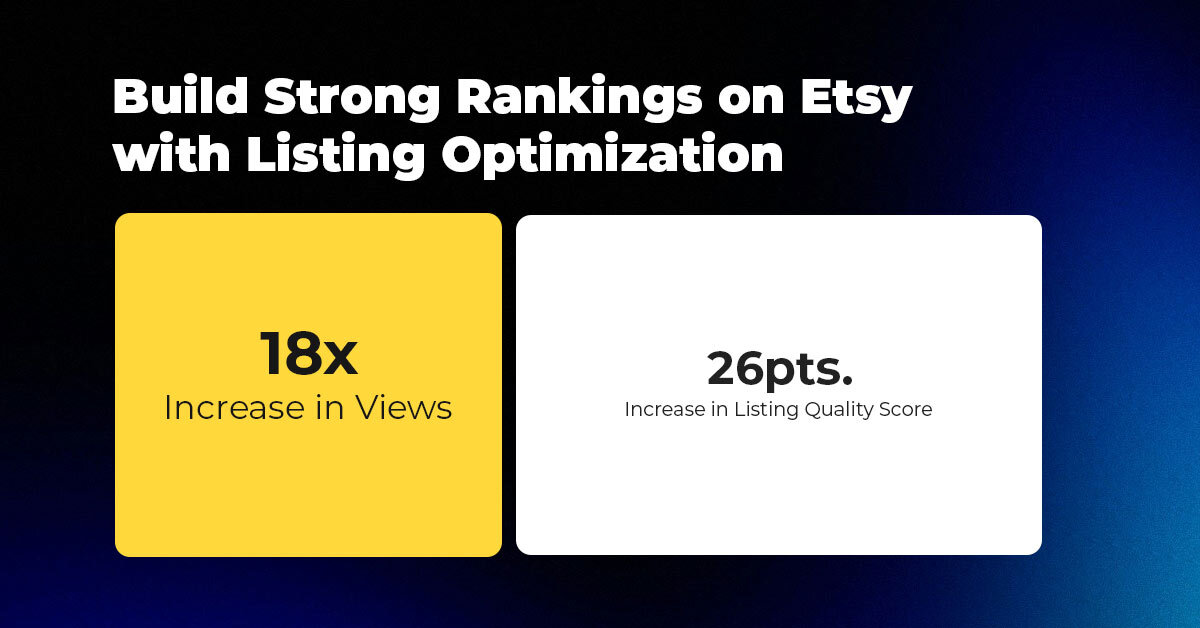
About the Client Shop Name: CrystalHealStore Marketplace: Etsy Focus: Bohemian & Ayurvedic-Inspired Fashion Location: Global
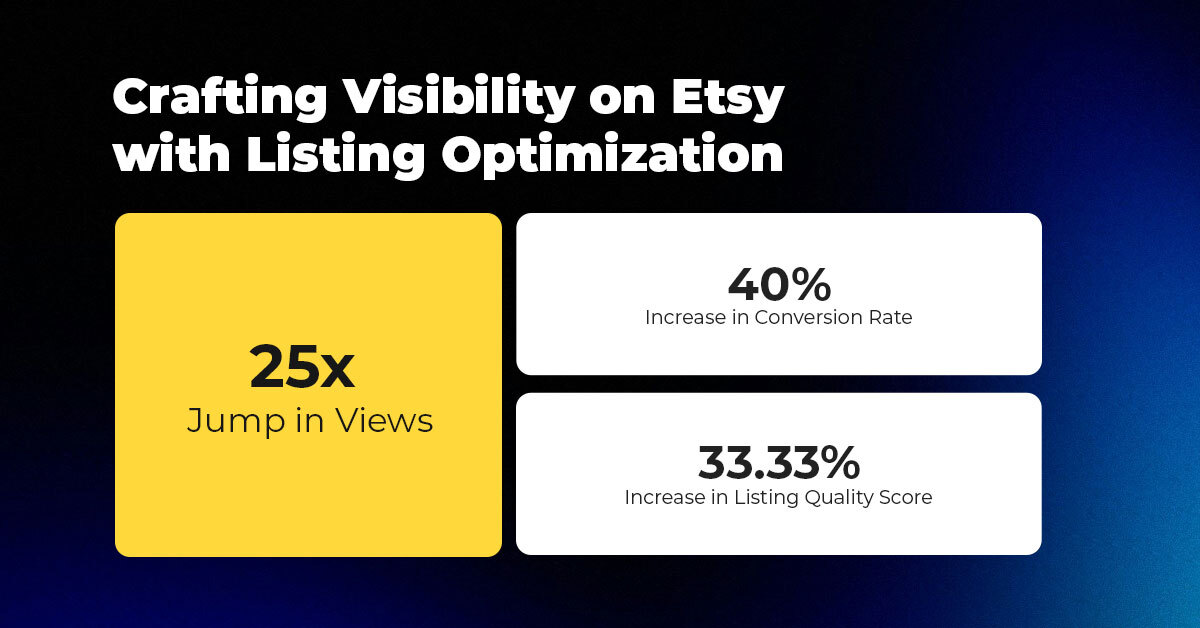
About the Client Shop Name: PinwheelCraftsStore Marketplace: Etsy Focus: DIY Craft Kits for Kids Location:
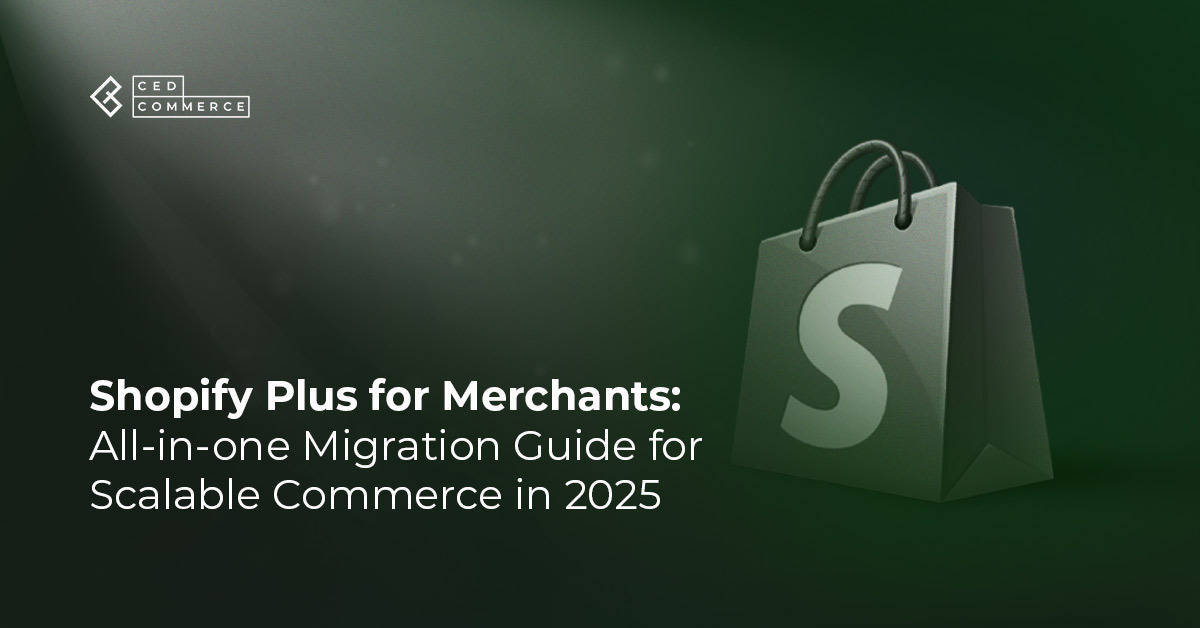
It just took one Black Friday crash for Gymshark to realize their growth had outpaced
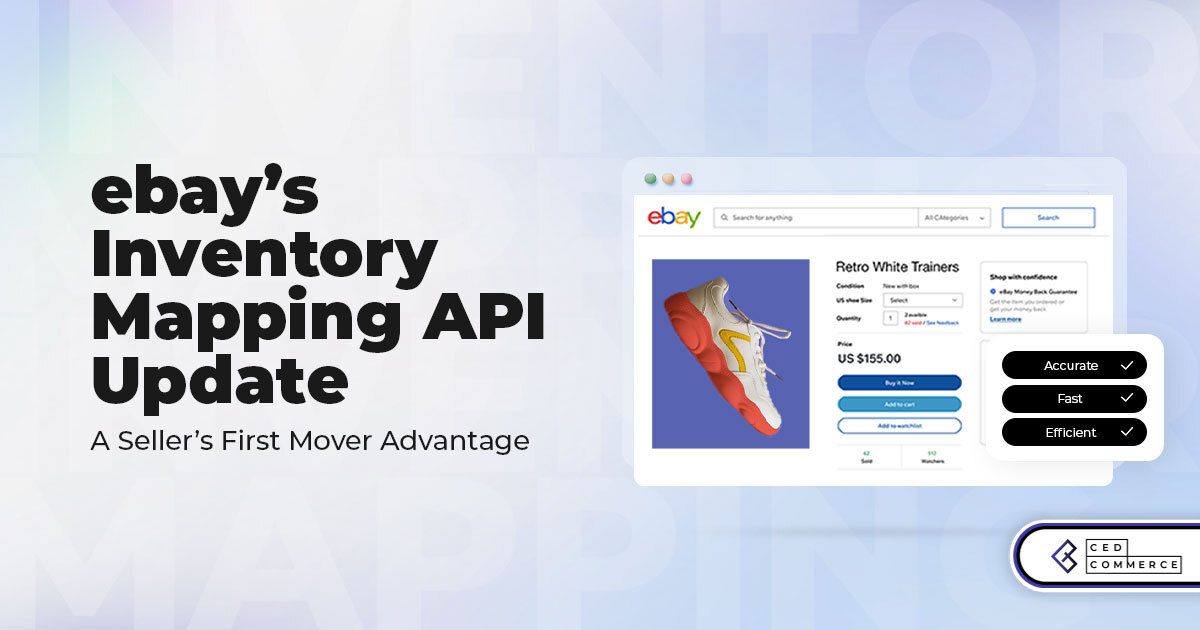
It takes on average 5 to 10 minutes to list a single product on the
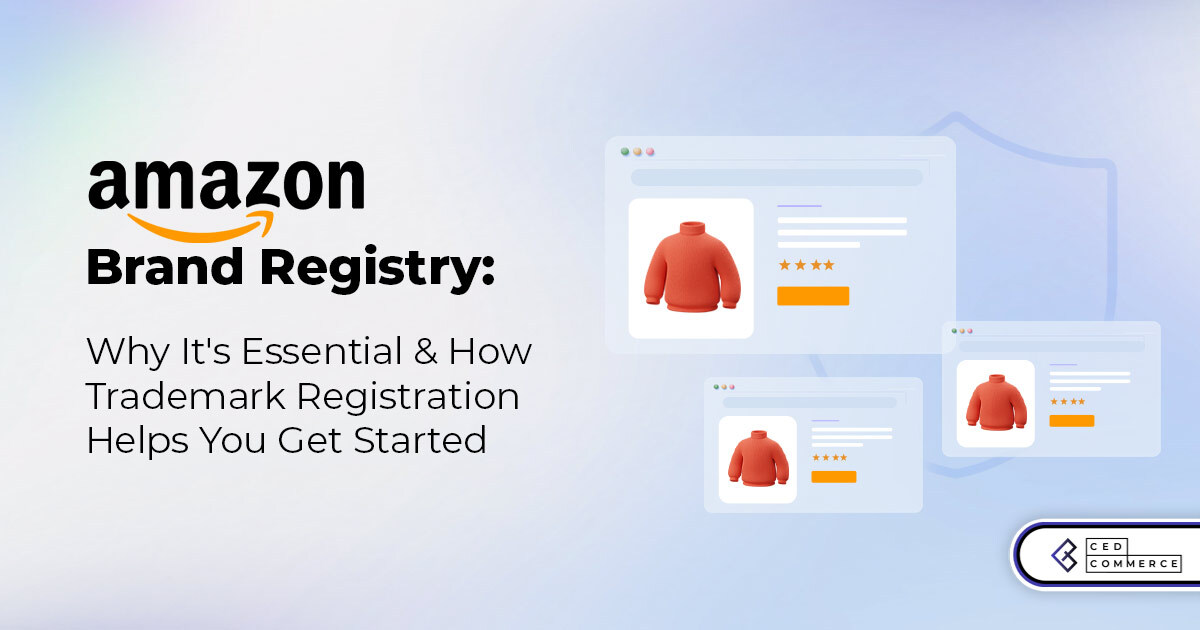
With millions of sellers on Amazon, protecting your brand has never been more important. Counterfeit

TikTok isn’t just setting trends anymore — it’s rewriting the playbook for performance marketing, creative
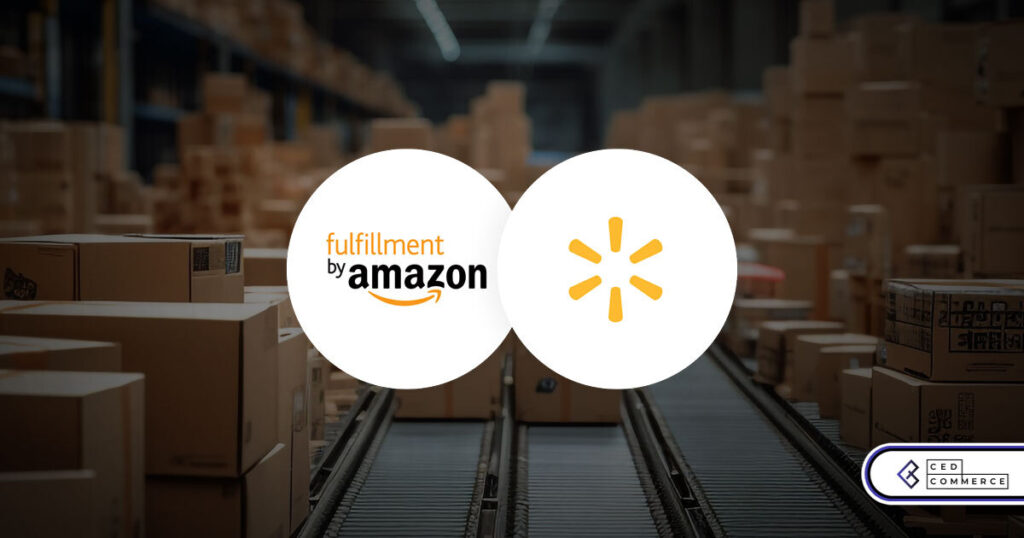
In a significant development for online retailers, Walmart has officially updated its policies to permit
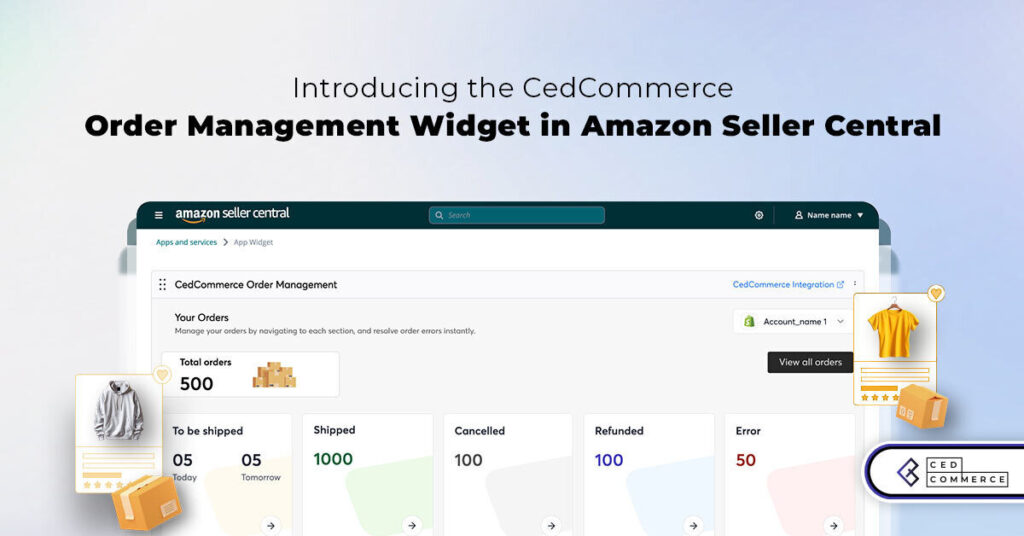
Are you encountering issues with Amazon order management across various sales channels? If so, everyday
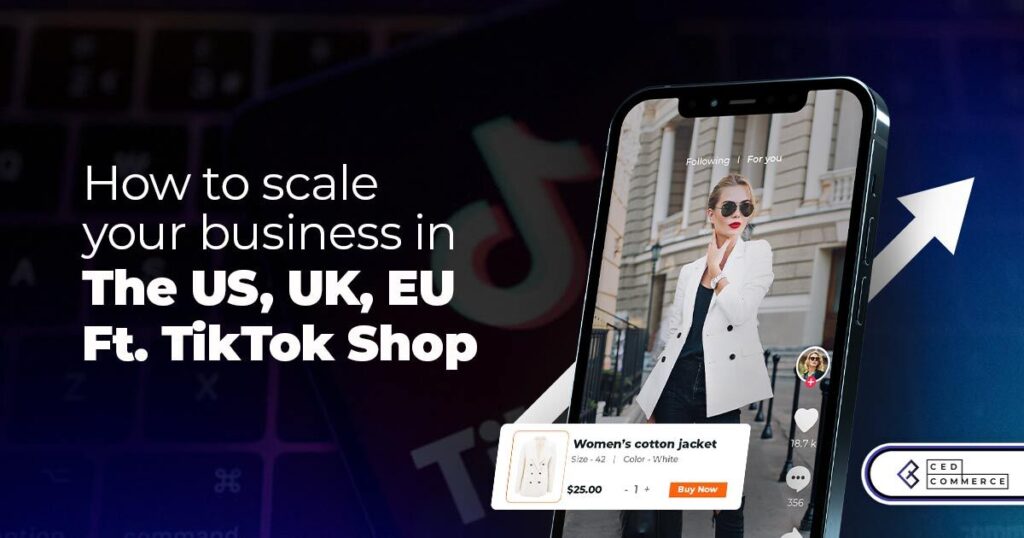
A Deep Dive into Selling Smart on TikTok Shop UK, TikTok Shop US, and TikTok
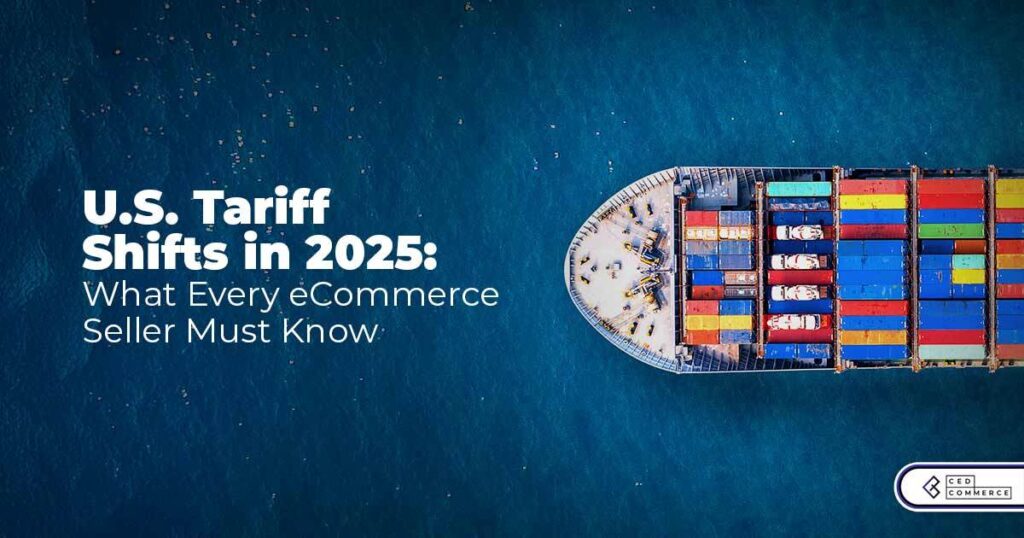
In a world where cross-border commerce fuels eCommerce growth, tariffs are no longer just policy
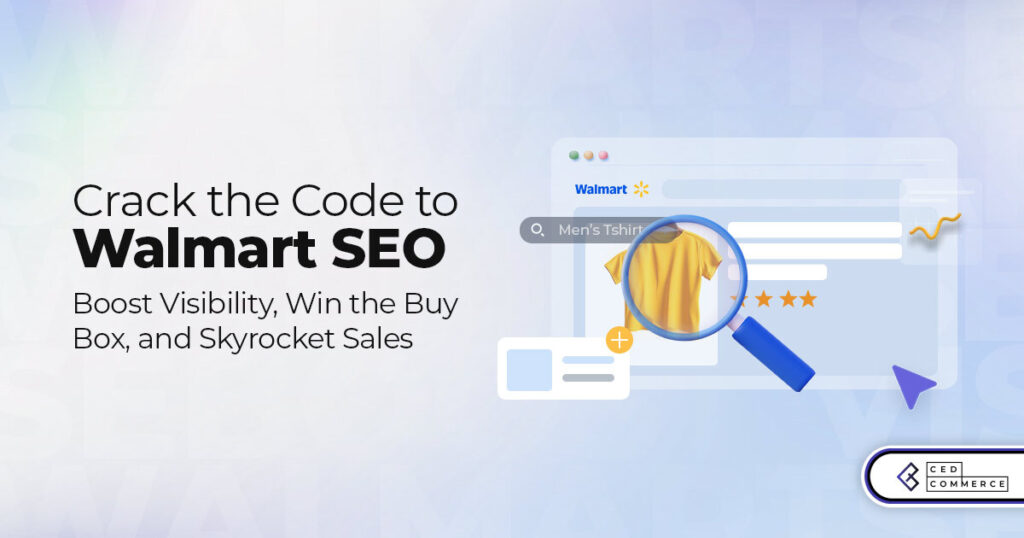
In the world of eCommerce, visibility is everything—and Walmart Marketplace is no exception. With thousands
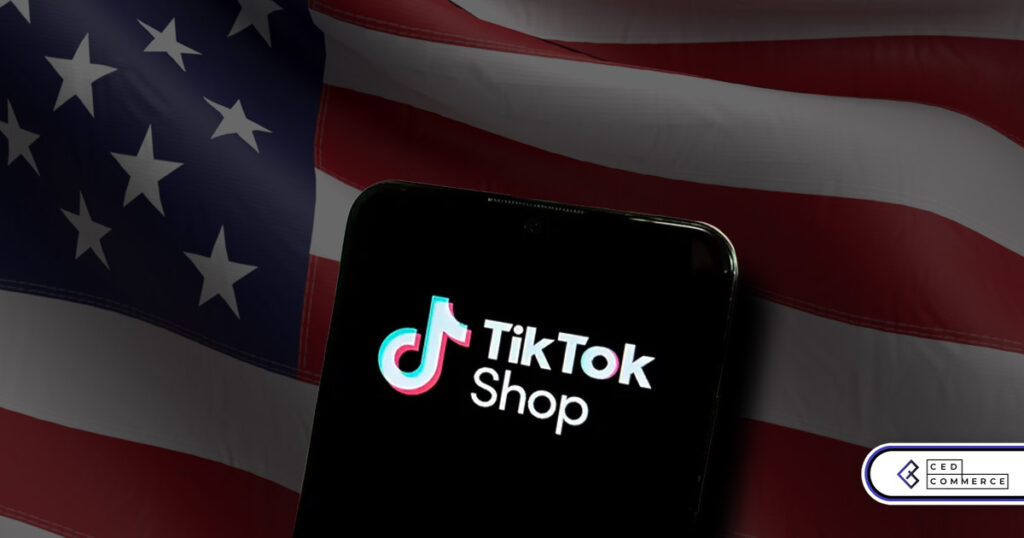
In what comes as a major relief for TikTok and its millions of users in

In a move aimed at enhancing product quality and boosting buyer confidence, TikTok Shop has

Selling on Amazon offers immense opportunities, but one of the most crucial decisions sellers face

Amazon is doubling down on AI-driven selling tools, introducing a new AI-generated product enrichment pilot
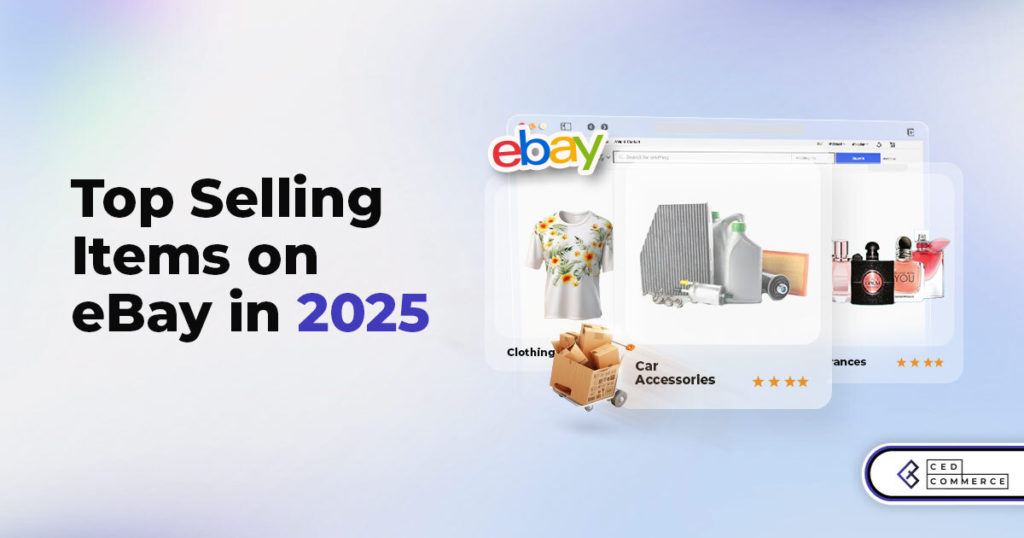
With over 17.6 million sellers on eBay marketplace, cracking the code behind the top selling

Amazon is doubling down on artificial intelligence, introducing the AI-powered ‘Interests’ feature that automatically finds

U.S. President Donald Trump has hinted that a TikTok deal is on track before the